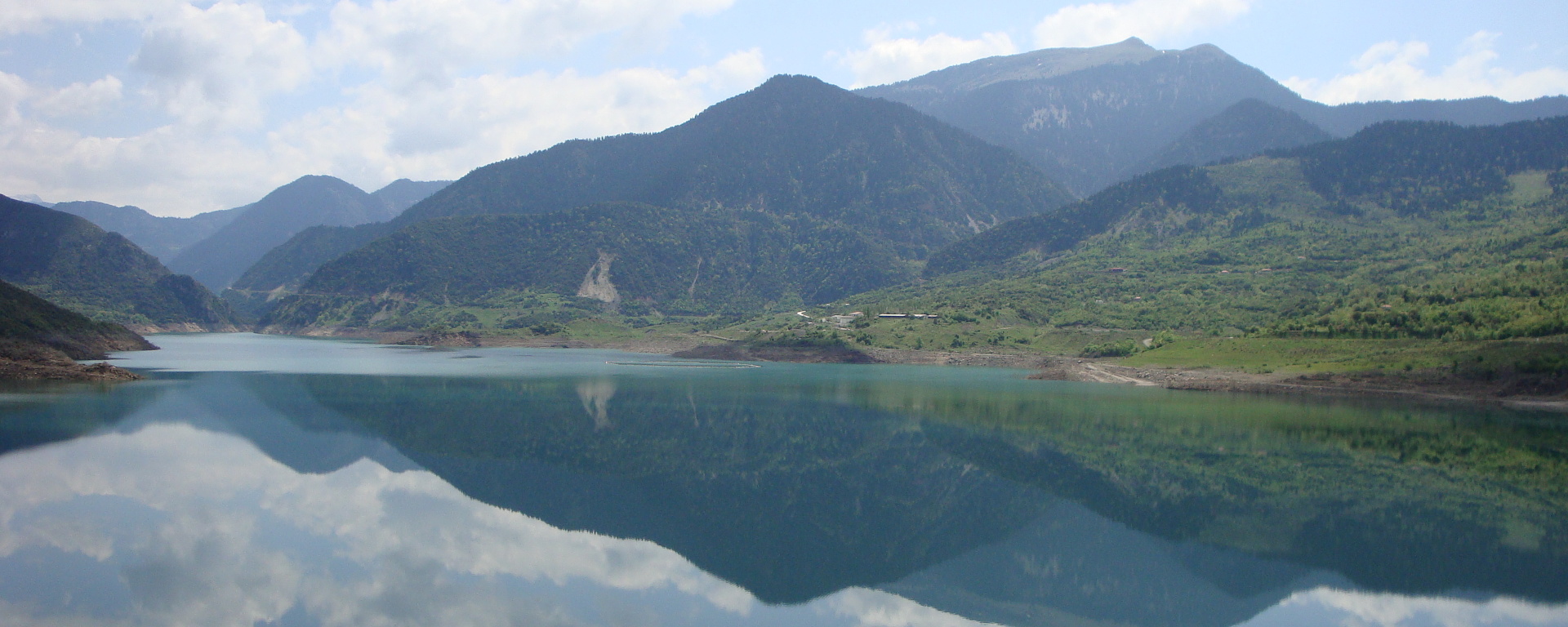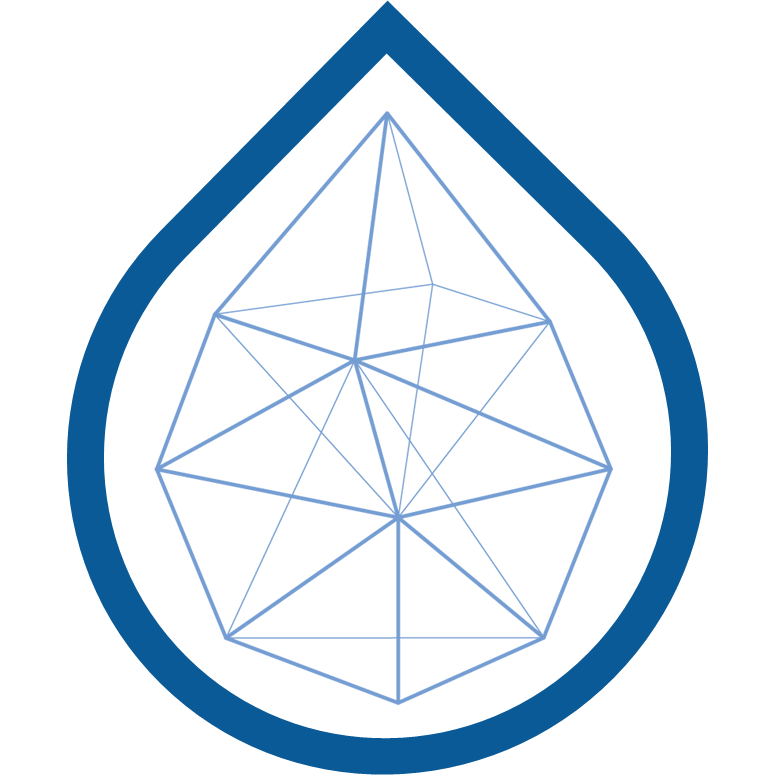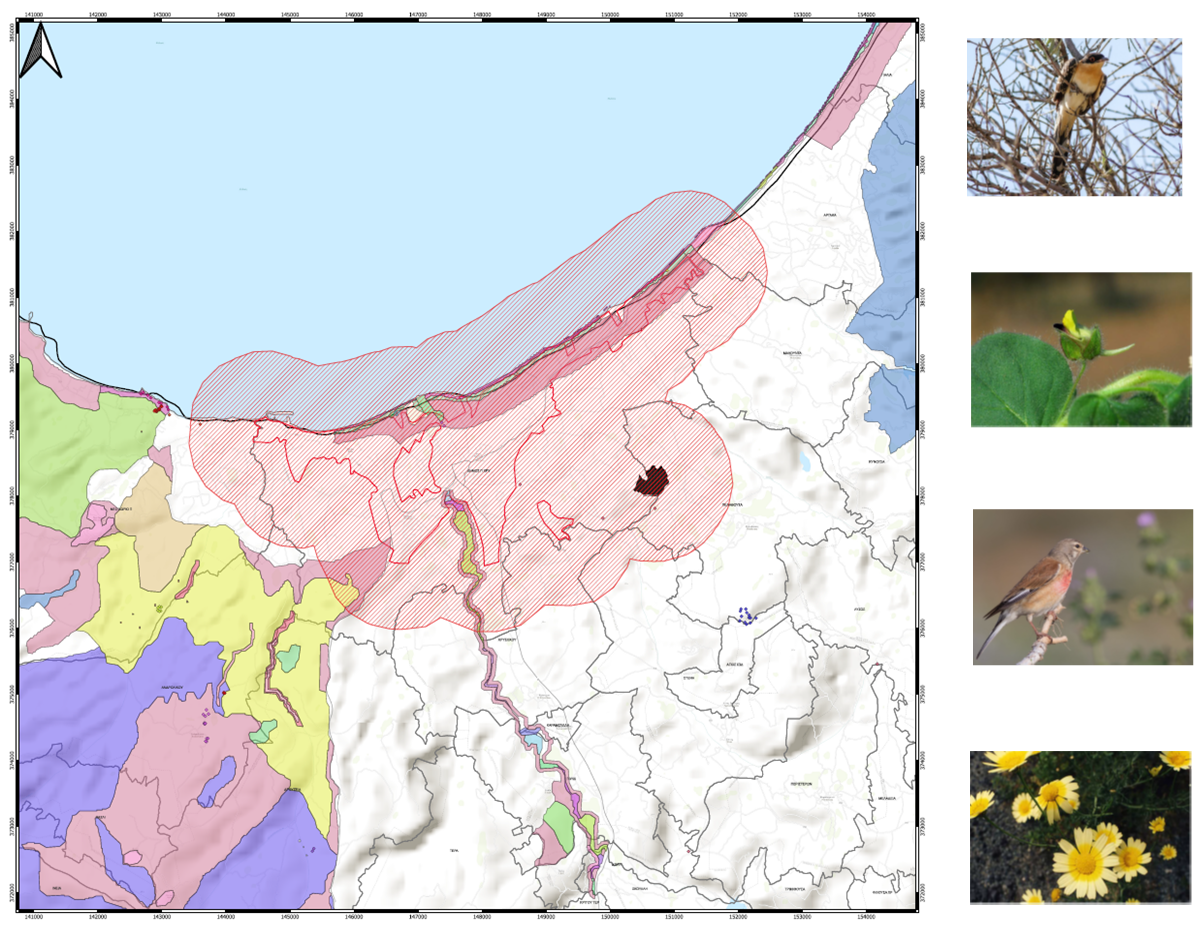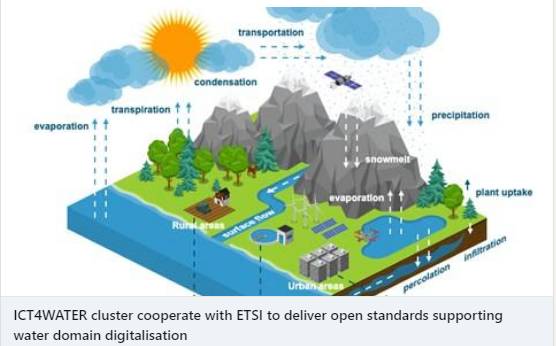
SWICCA
Challenge
Earth observations and advanced related services produce a plethora of environmental and climate data. COPERNICUS is the European Union’s earth observation programme and through the Copernicus Climate Change Service (C3S), it will provide valuable information to support a series of sectors, water management amongst them, under a changing future.
SWICCA, a COPERNICUS’ Sectoral Information System project, aims at bringing the scientific, climate-impact knowledge to the water managers and policy makers.
Approach
With combined analysis of local data with easily accessible climate change indicators, which are provided through the SWICCA tools, we improve our climate change impact analysis capabilities and support different sectors to implement adaptation to local climate change, related to water management issues. We demonstrate, through two, real-world examples: (a) an industry group interested in assessing the adequacy of currently used water resources and the need to invest on more effective influent and effluent treatment facilities, due to climate change impact, and (b) a public authority interested in evaluating the efficacy, under climate change pressures, of environmental regulatory measures imposed on local industry.
Impact
SWICCA indicators provide us the core data and tools to evaluate climate change impact on different, water-related issues.
climate adaptation strategy: We provide guidance to an industry group in order to assess possible financial implementations due to climate change and build a corporate climate adaptation strategy against water supply chain related and downstream operations risks.
better informed policy implementation: We support a policy making authority to evaluate environmental policy concerning a financially significant and environmentally sensitive area, under climate change conditions.
The SWICCA project is run by the Swedish Meteorological and Hydrological Institute (SMHI)








